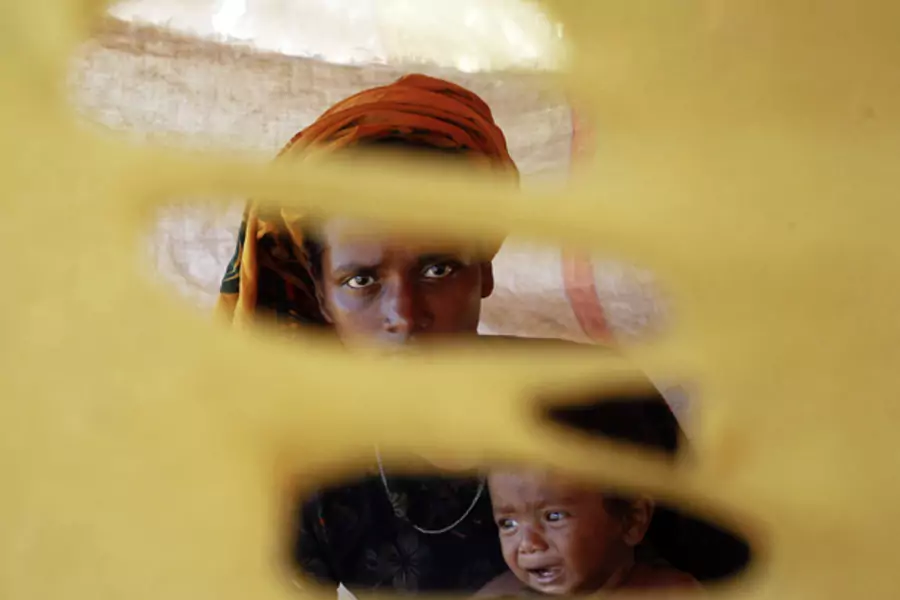Time for a Coordinated Policy on Rohingya Refugees

More on:
Over the past year, as conflict has flared in Rakhine State in Myanmar, growing numbers of Rohingya have fled their homes. It remains unclear to me—even after a trip to Rakhine State—exactly why the conflict started now, and what role the local security forces have played, if any. However, it is abundantly clear that the region’s management of Rohingya outflows is horrendous, a failure pointed out by the increasing numbers of Rohingya who are fleeing by boat, rather than going to camps in Myanmar or Bangladesh.
In the past month, many of these boats of Rohingya have landed in southern Thailand; the Bangkok Post quotes Thai officials as saying that four thousand refugees have come between November and January. Thailand has no clear policy on the Rohingya. It has refused to set up camps for them, and wanted to deport them back to Myanmar—where they are clearly endangered—before bowing to pressure from the international community and Muslim nations, and granting some Rohingya a temporary stay in Thailand.
Thailand has some legitimate concerns about refugee inflows—that they are being encouraged by traffickers, and that Thailand should not have to bear the cost of taking the refugees alone. These concerns do not justify the aimless and sometimes brutal policy of the Thai authorities—turning back Rohingya, deporting them, and on at least one occasion several years ago, pushing Rohingya boats back into the sea. But Thailand is also not getting much support from neighbors like Malaysia, Singapore, or Indonesia, all of which also have had Rohingya turn up on their shores. As the region, and Western nations, did with the Vietnamese boat people in the late 1970s, now it needs a more coordinated approach to the Rohingya challenge, since it is unlikely to go away in this period of turbulence in Myanmar. Wealthier Muslim nations like the United Arab Emirates or Saudi Arabia (or Japan, the European Union, and the United States) could provide the bulk of the funds for Rohingya temporary camps in Thailand, as well as for helping Rohingya resettle in third countries like Malaysia. Meanwhile, the Association of Southeast Asian Nations (ASEAN) together could agree on one approach to intercepting Rohingya boats, and to more effectively differentiate between Rohingya fleeing persecution in western Myanmar and the professional traffickers who might help them flee. And ASEAN nations like Malaysia, Indonesia, and Singapore could agree to accept certain numbers of Rohingya, assured that the economic burden would not fall on them alone.
More on:
 Online Store
Online Store